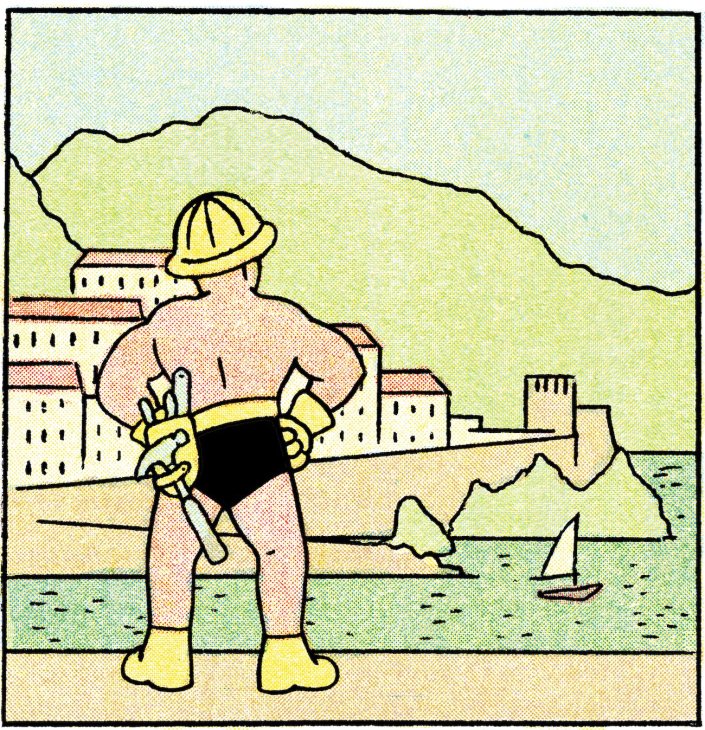Fancy opening a hotel on the Med? Read this first.
Opening a hotel in a saturated market might seem like folly – but having the courage of your convictions is key.
So how about opening your dream hotel in the sun-soaked Med? It might sound tough, or even overwhelming. Luckily, I’ve proved that you can make it happen if you go about it in the right way. Each of us face challenges at some point but the specific isn’t always important – what matters is how you deal with it.
In 2017, I embarked on a project that sounded risky and improbable but exciting: opening a luxury hotel on the Amalfi Coast, an area that has one of the densest concentrations of high-end establishments, all within a teeny 20km radius. Despite stiff competition – and the logistical difficulties of refurbishing a property that was clinging to the cliffside – I knew that I’d assembled the right team, who were driven by the same passion, drive and motivation to make it work, though it didn’t always feel like it.

To succeed, you need a clear vision and to think carefully about what you want to achieve, from the final product to the atmosphere and sense of place. Is there a broader lesson? If I’ve learnt anything, it’s that you need to believe in what you do, which might sound obvious but is often not the case. More importantly,perhaps, you need to be able to defend your convictions at every turn. Doubts might start to creep in as you begin to dream of an easier way of doing things. But don’t allow yourself to accept compromises if it means diminishing the quality.
Today there is a lot of talk in the industry about the difference in becoming part of a hotel chain or remaining independent, especially in terms of operations, as well as sales and marketing. As an independent, our first crucial decision was to choose between the easy option of working with a contractor, which might take care of all the furniture supply, or the more “challenging” alternative of using artisans from the region alongside important Italian design brands. Choosing the latter direction meant absolutely no compromise – we have 35 types of handmade tiles in the hotel and different lights throughout – but our accommodation is better for it.
Be prepared for things to go wrong along the way too. They will. And you have to learn to laugh about them in the hope that they’ll make for funny stories one day. Thinking about the sweat and tears we went through in turning an abandoned mid-century building into the hotel it is today, I sometimes have to pinch myself and ask how we did it. Now, a full six years since we started the project, I can honestly say that it goes back to having the right people around you – in our case a great team of architects, designers, artisans and landscapers.
I’ve also learnt that you really can’t plan and micromanage everything in advance. Sometimes, I have found, it all comes down to a concept from centuries ago. “The best ideas do not come from reason but from a lucid, visionary madness,” said Erasmus, the Dutch philosopher.
About the writer
Orlacchio is the general manager and co-founder of Borgo Santandrea on the Amalfi Coast.



